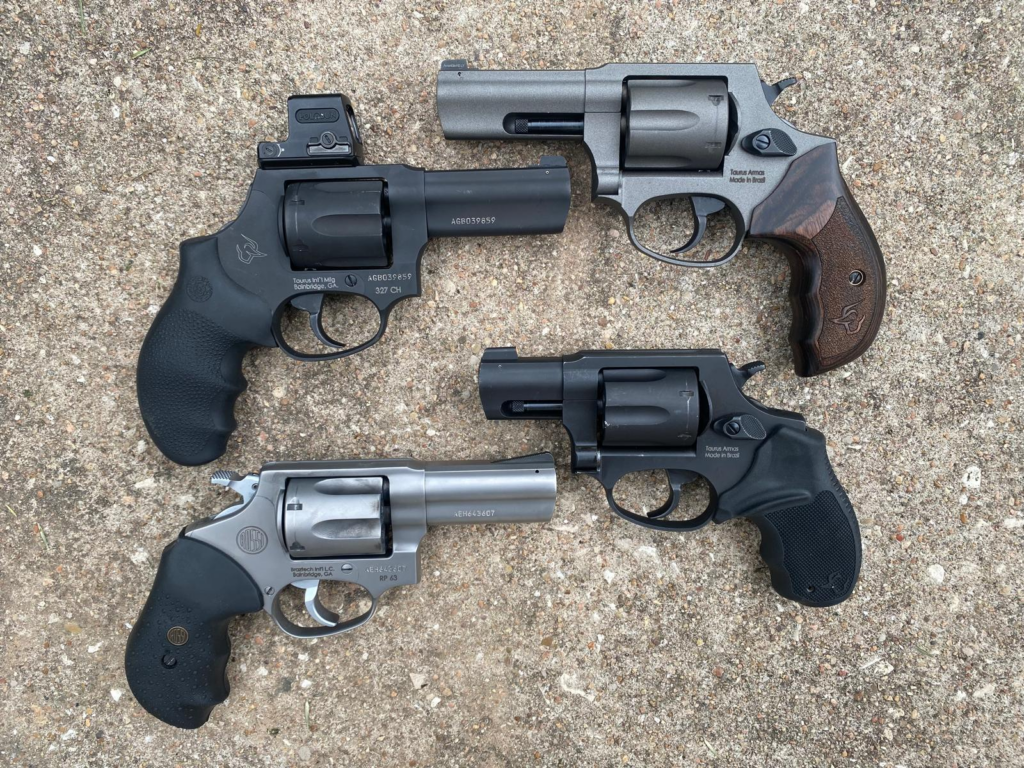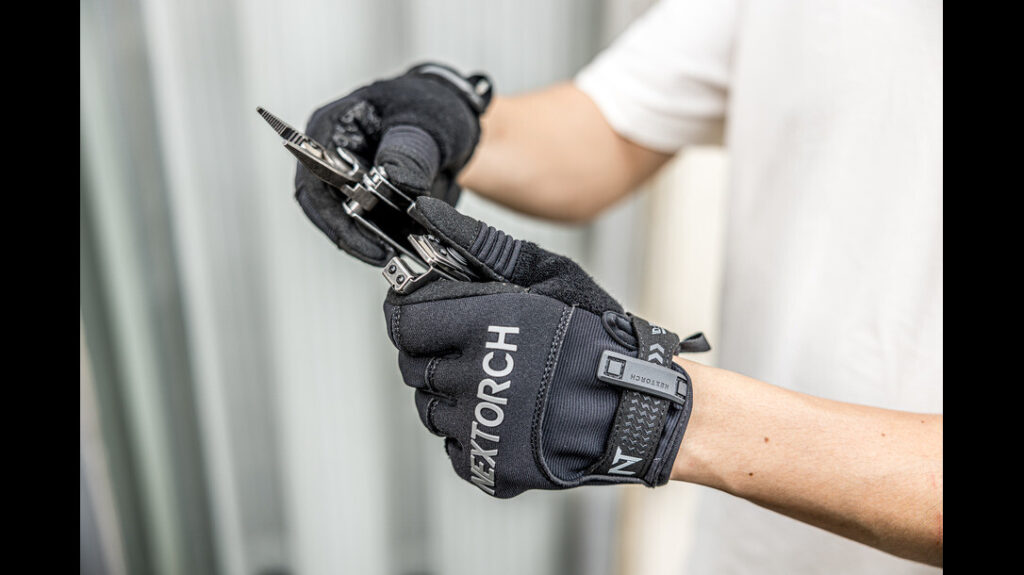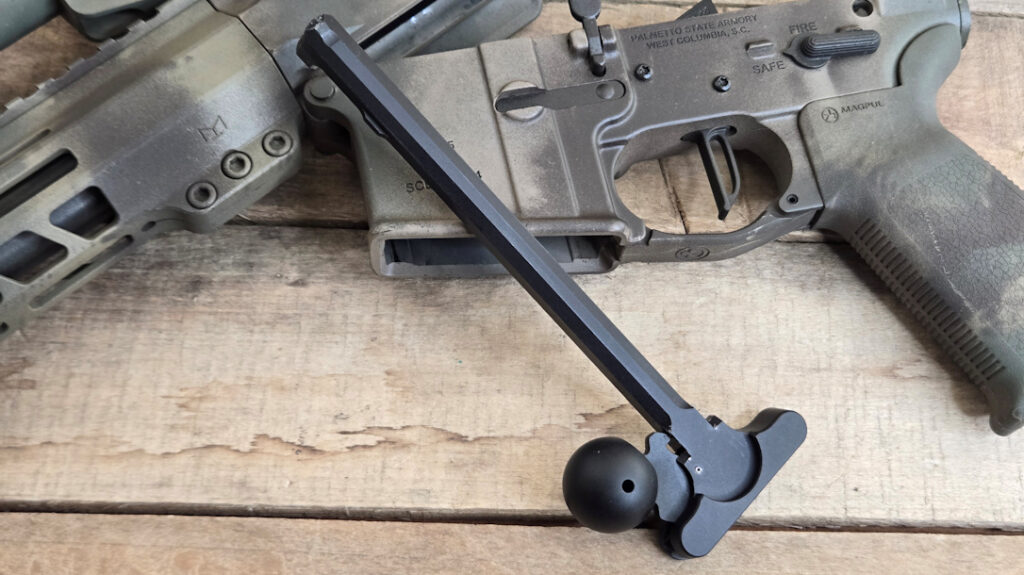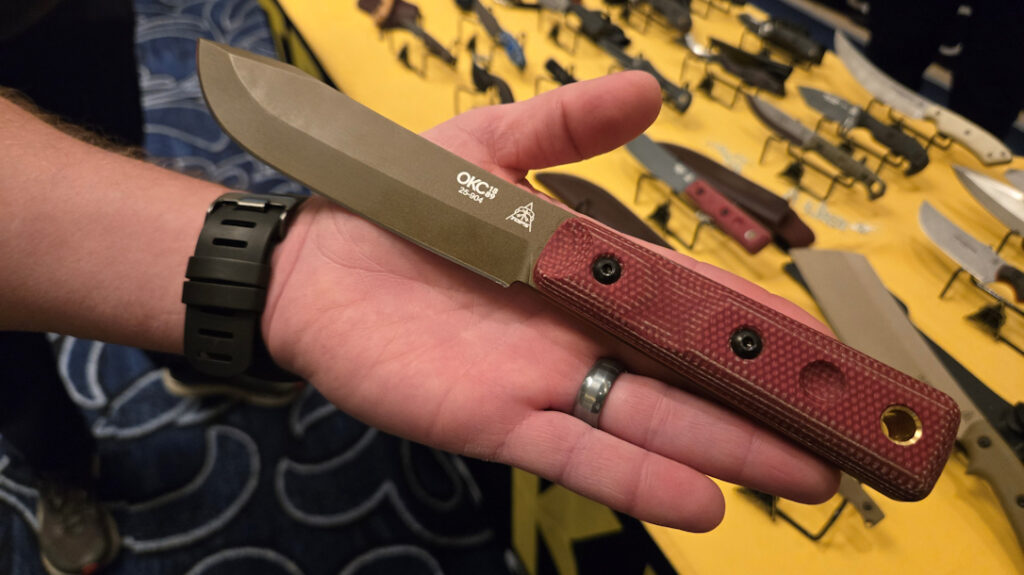I love revolvers, and I always enjoy any chance I get to write about them. However, I still categorically consider revolvers to be a dying art (amongst the mainstream shooting public if anything). Most revolvers that were common yesteryear are now becoming expensive collector’s items.
Have you seen the going rates for a vintage Smith & Wesson Model 19 in good condition today? It’s not cheap. Similarly, have you seen what brand new revolvers from major manufacturers like Smith & Wesson, Colt, or Ruger retail for? I’d wager the median price in 2024 hovers around the $900 mark, with the true mean being closer to $1,000-$1,100.
My point is that both classic revolvers and those made by traditional houses are less accessible and relatively expensive. Only those who are already bonafide revolver people would care to bear these costs. Statistically speaking, this same group of customers already tends to be older, better established, and have more disposable income.
Advertisement — Continue Reading Below
However, my fear is that high prices will cause the revolver world to self-select and fizzle out until it’s relegated to obscure Internet fora. I could write an entirely different essay on why preserving the legacy of these complicated, low-capacity contraptions matters. But that’s beside the point. Once they hit a high note, they’ll fade out, and so will the rich culture that follows them.
Taurus Keeps Revolvers Affordable
Then there is Taurus, the Brazilian gunmaker known for selling accessibly priced firearms. Taurus isn’t new to revolvers, and it offers them in various calibers and frame sizes. I’m not a gunsmith, but one could say that Taurus revolvers’ DNA hails from the Smith & Wesson side of the family tree. It’s not hard to see why, especially understanding the historical connection between Smith & Wesson and Brazil for the better part of a century now.
Like with any proper Smith & Wesson revolver, Taurus cylinders turn clockwise. With their side plates removed, the view under the hood will look familiar to any S&W aficionado. As its own enterprise, Taurus is able to sell firearms at relatively affordable prices because it owns all the means of production needed to manufacture its products. Therefore, Taurus is able to reduce costs by making and finishing everything in-house in Brazil.
Advertisement — Continue Reading Below
Taurus hasn’t always had a sunny reputation with respect to its quality control, but it had a good reputation when it first hit shelves in the United States. It’s also important to keep in mind that the quality of the recipe is one thing, and how the meal is cooked is another. And we know theirs is a good recipe, as it borrows from the S&W cookbook.
Right now, Taurus is working diligently to turn this image around and restore its former reputation. Besides optimizing its Georgia facility to make it more conducive to good quality control and efficient workflow, the company has also placed real-deal shooters who use their products in management roles.
Most Any Person Can Own a Revolver
The end result of Taurus revamping its business means that almost any person can buy a .38-caliber Taurus 856 at a normal gun shop or sporting goods retailer and take home a revolver that’s frankly pretty damn good for the money (as I’ve experienced firsthand). This is a big deal because customers have the chance to buy a revolver that they can actually shoot, carry, or train with at a reasonable cost.
Advertisement — Continue Reading Below
These guns can be run hard without fear of breaking them or damaging a heirloom either. I, too, was skeptical prior to my first review. But after reviewing two of their revolvers and the GX4XL 9mm ultra-compact, they’re more than decent for the money. This is what led me to purchase both of my .38-caliber Taurus 856 revolvers.
It’s fair to mention that Taurus isn’t the only company selling affordable revolvers. However, I don’t have enough of an informed opinion on other affordable revolver options at this point in time.
Something for Everyone
Offering affordable firearms is crucial for two reasons. First, in our country, socioeconomic status should not prevent anyone from exercising constitutional or natural rights. Second, which specifically ties in to revolvers, is that the sale of such guns is perhaps the exact type of lifeline the revolver needs from completely dying out.
Advertisement — Continue Reading Below
Nowadays, with the price of everything going up and inflation reducing the buying power of the dollar, shooting, in general, is getting difficult. Affordable guns give, say, a twentysomething-year-old kid who isn’t rich the chance to experience six-shooters the way some of us were able to with old cheap trade-in Smith & Wessons, which have all but disappeared.
Notions of affordable revolvers capturing the heart and imagination of a young kid strapped for cash aside, there’s also something to be said for the idea of being able to buy two guns for the price of one. Then you have a “go-to” and its backup piece.
Last, but not least, there’s also something to be said for the lower-income person living in an anti-gun restrictive locale. That 856 could be one of their best options.
Advertisement — Continue Reading Below
















